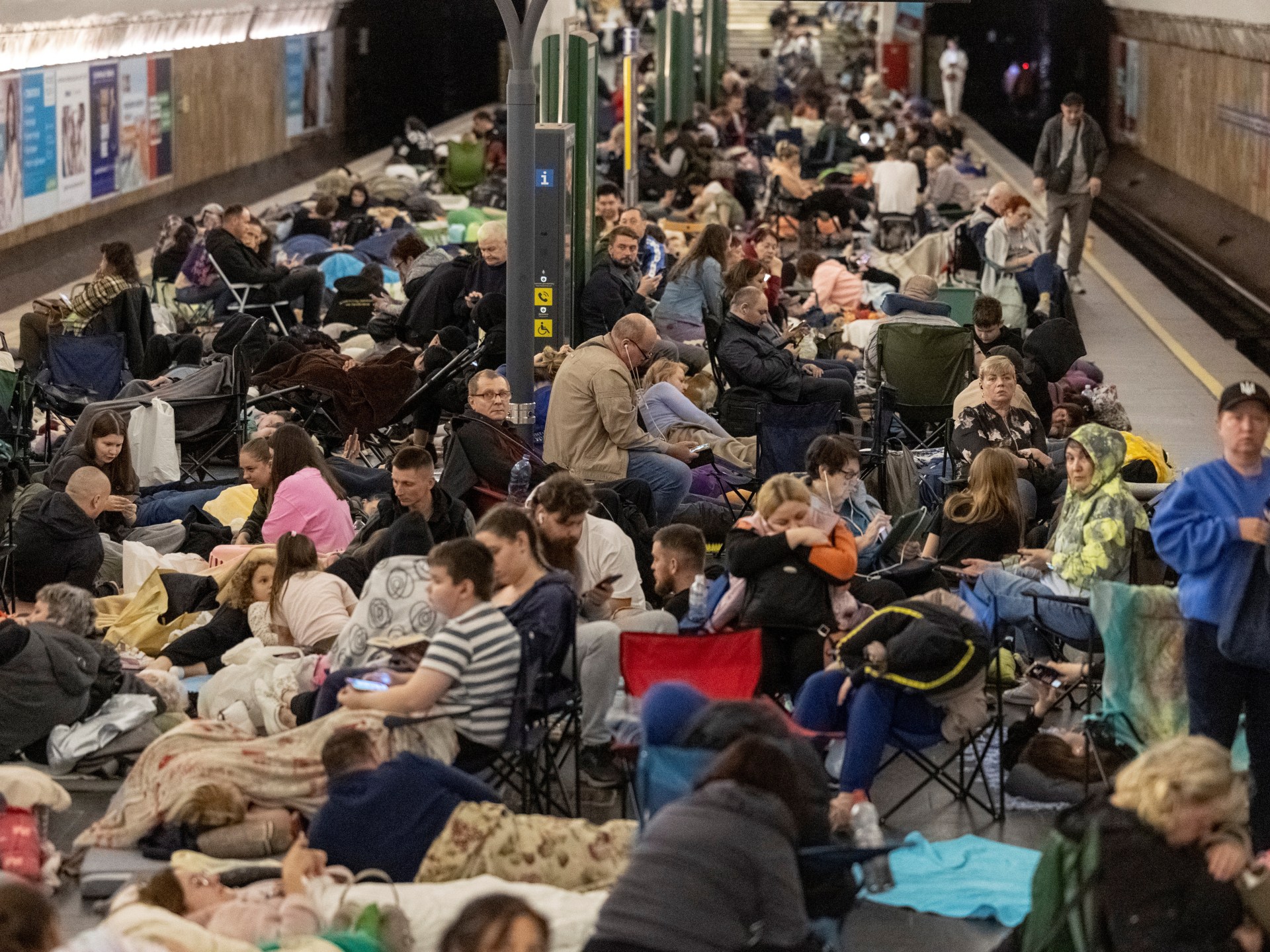Local authorities have issued fresh warnings against the risk of wildfires and urged people to take shelter, as Southern Europe experiences the summer’s first severe heatwave and as experts link the rising frequency and intensity of soaring temperatures to climate change.
Acute heatwaves were recorded in Italy, Greece, Spain and Portugal through the weekend and into Sunday, with locals and tourists alike battling the sweltering conditions.
Ambulances were also on standby near tourist hot spots.
Two-thirds of Portugal was on high alert on Sunday for extreme heat and wildfires, with temperatures in Lisbon expected to top 42C (107F).
In Lisbon, 39-year-old pharmacist Sofia Monnteiro told the AFP news agency that despite advising people “not to go out” during the hottest hours of the day, “we have already had some cases of heat strokes and burns”.
Several areas in the southern half of Portugal, including Lisbon, are under a red warning until Monday night due to “persistently extremely high maximum temperature values”, said the Portuguese Institute for Sea and Atmosphere (IPMA).
Much of Portugal was also on high alert Sunday for extreme heat and forest fires – as was the Italian island of Sicily, where firefighters tackled 15 blazes Saturday.
In Italy, a few regions — Lazio, Tuscany, Calabria, Puglia and Umbria — were planning to ban some outdoor work activities during the hottest hours of the day in response to the record-high temperatures. Italian trade unions pushed the government to expand such measures at a national level.
On Sunday, the Italian Health Ministry placed 21 out of 27 monitored cities under its highest heat alert, including top holiday destinations like Rome, Milan and Naples.
Hospital emergency departments across Italy have reported an increase in heatstroke cases, according to Mario Guarino, vice president of the Italian Society of Emergency Medicine.
“We’ve seen around a 10-percent increase, mainly in cities that not only have very high temperatures but also a higher humidity rate,” he told the AFP.
It is mainly elderly people, cancer patients or homeless people, presenting with dehydration, heat stroke, fatigue.”
Greece was again on high wildfire alert with the heatwave there expected to continue throughout the weekend.
A large wildfire broke out south of Athens on Thursday, forcing evacuations and road closures near the ancient Temple of Poseidon.
Greek authorities deployed 130 firefighters, 12 planes and 12 helicopters to battle the blaze, while police evacuated 40 people, with five areas under evacuation orders.
In Spain, locals and tourists were desperately trying to keep cool, as temperatures reached as high as 42C (107F) in the southern city of Seville along with other locations in the south and central parts of the country.
Southern regions of Spain recorded temperatures above seasonal averages, prompting health alerts and safety recommendations from authorities. The country’s State Meteorological Agency (AEMET) has said that June is set to break yet another record, becoming the hottest such month since records started.
The ‘urban heat island’ effect
Extreme weather events are becoming increasingly common across Europe’s southern region due to global warming.
A Lancet Public Health study published last year highlighted the increasing risk of heat-related deaths due to climate change. The study predicted that heat-related deaths could more than quadruple by mid-century under current climate policies.
While more people die from cold than heat, the study stressed that rising temperatures will offset the benefits of milder winters, leading to a significant net increase in heat-related mortality.
Scientists say climate change is stoking hotter and more intense heatwaves, particularly in cities where the so-called “urban heat island” effect amplifies temperatures among tightly packed buildings.
“The heatwaves in the Mediterranean region have become more frequent and more intense in recent years, with peaks of 37 degrees [Celsius, 100F] or even more in cities, where the urban heat island effect raises the temperatures even further,” said Emanuela Piervitali, a researcher at the Italian Institute for Environmental Protection and Research (ISPRA).
Experts have warned that intense heat can affect daily life, especially for vulnerable populations such as the elderly and children.
Local authorities have advised against any physical activity during the hottest hours of the day, and recommended drinking plenty of fluids.




Leave a Comment